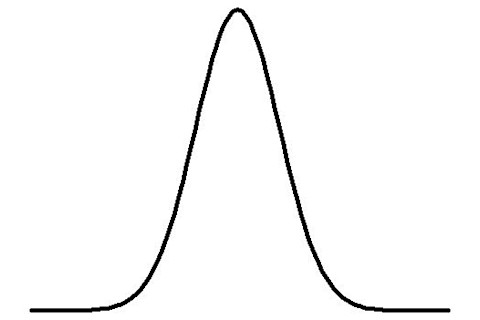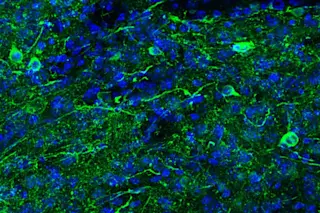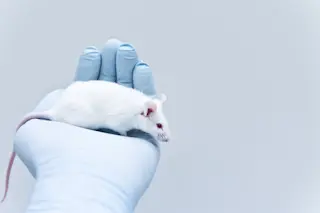
I stopped reading much in the area of personality and behavior genetics a few years back. The main reason is I had a really hard time believing there were very good quantitative measures of many of the traits. A secondary issue, though probably nearly as important, is that some friends were making it clear that they strongly suspected that a lot of the studies in the area of behavior genomics were "underpowered" in a statistical sense. These two issues gnawed at me to the point where I pretty much threw my hands up in the air. Mind you, I accept that personality is substantially heritable. But just because something is heritable does not mean that it is obvious that you'll be able to detect "the gene" implicated in the variation of the trait. I accepted decades of findings in behavior genetics. But it didn't seem like we were going anywhere beyond it. Now a new paper out in PNAS uses genomics to shed light on this issue in the same manner as with intelligence or height. The paper is The genetic architecture of economic and political preferences, and it is free to all. The two primaries takeaways are: - Yes, variations in traits like political ideology can be attributed in part due to variations in genes. - These variations in genes are likely widely distributed and dispersed across the genome, so that it is probably unwise to speak of the "conservative" or "liberal" gene. Rather, like height and I.Q. one can imagine political and economic preferences as a continuous trait under polygenic influence. On the one hand confirmation of the partially genetic nature of the variation of even complex behavioral and cogntivie traits should lend some credence to some of the arguments in works such as The Republican Brain and The Righteous Mind (as well as my friend David Dobbs' forthcoming book on behavior genetics and personality). But it also makes science communication very difficult, because when people hear about genetics, they want to know about the specific and concrete gene. This is a game where molecular geneticists have a great advantage over quantitative or population geneticists, because their gene is far less an abstraction. Because heritable variation in personality is at some remove from our "common sense," much of the public is ignorant or rejects the very idea. Unfortunately, the rest of the public which is open to heritable variation tend toward rather crude hereditarian models. Of course there may come in a day in the future when the genes for illnesses like social anxiety disorder are well characterized (or more accurately in all likelihood, the genomic regions which are responsible for the variation, as there will be many). But that day is not this day. A paper such as the one above makes us more confident that the genes do exist, but it also tells us that finding those genes is going to be more difficult than we imagined.













